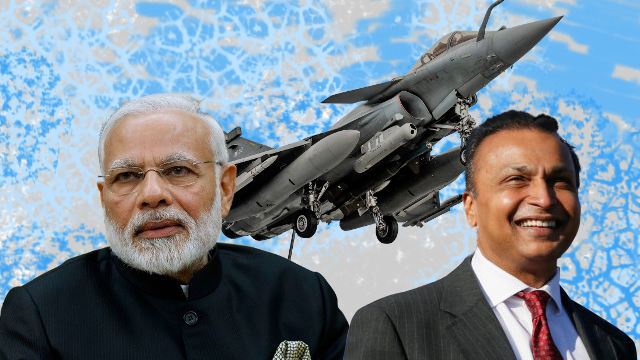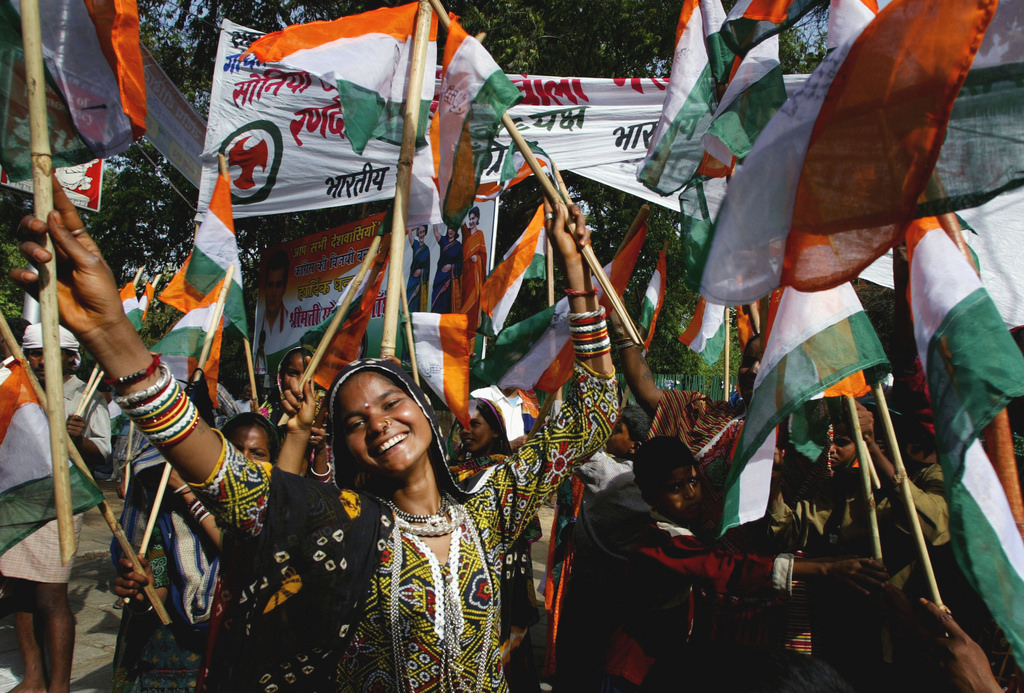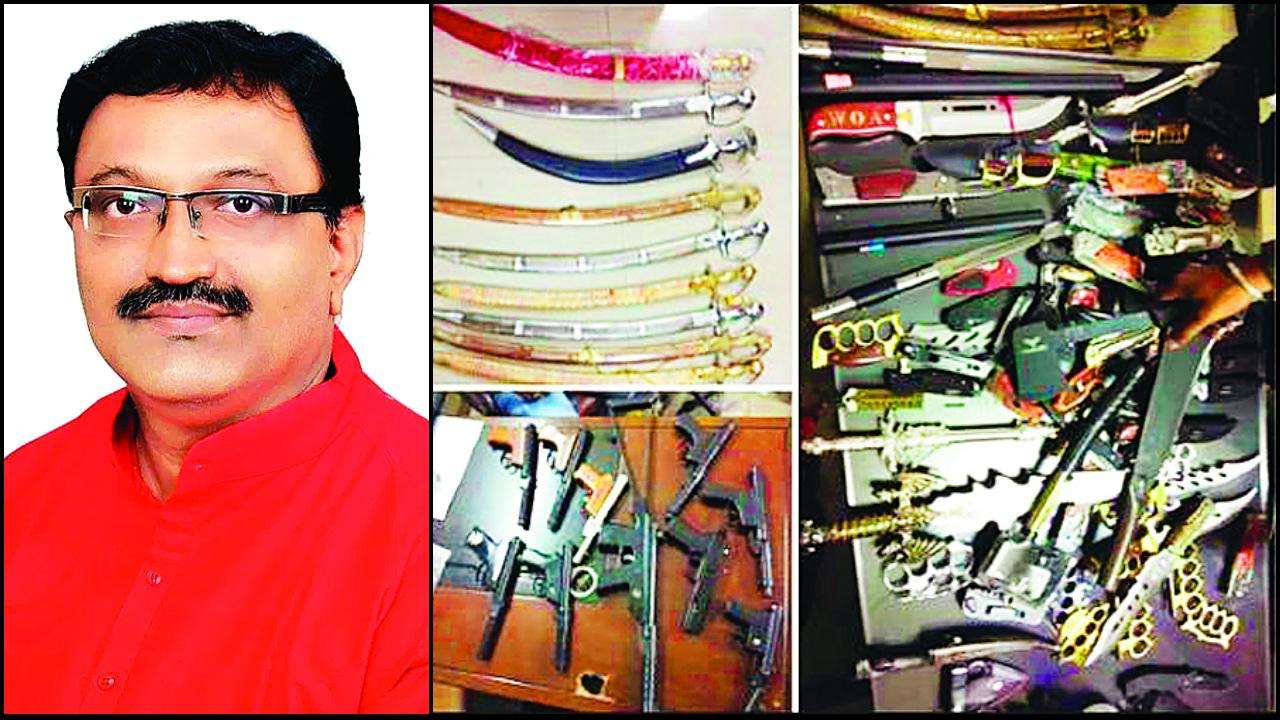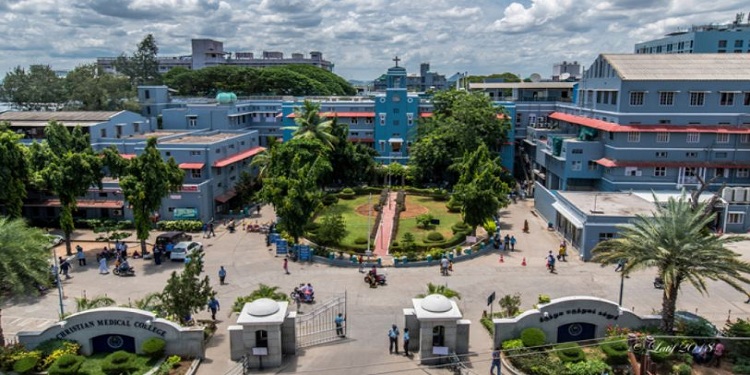State-run plane maker Hindustan Aeronautics Limited (HAL) could have built Rafale fighters in India had the government managed to close the original negotiations with Dassault and had actually signed a work-share contract with the French company, said T Suvarna Raju, who was heading HAL till three weeks ago.
This is the first time anyone from the state-owned aircraft maker has publicly commented on the questions around the deal.
His comments come even as the politics around the Rafale deal show no signs of dying down.
He questioned why the Union government was not putting out the files in public. He admitted that HAL may not have been able to build the planes at the desired “cost-per-piece”, one of the reasons why that deal fell through, but insisted that the company has the ability to make advanced fighters.
A former air chief, however, said making the Rafale would have been a challenge for the public sector undertaking.
“When HAL can build a 25-tonne Sukhoi-30, a fourth-generation fighter jet that forms the mainstay of the air force, from raw material stage, then what are we talking about? We could have definitely done it (licence produced the Rafale jets),” said Raju
On Tuesday, defence minister Niramala Sitharaman said HAL was “dropped” from the deal when the UPA was in power, because it couldn’t agree on terms of production with Dassault.
The NDA government’s decision to enter into a government-to-government deal with France to buy 36 Rafale warplanes was announced in April 2015 with the deal signed a little over a year later.
This replaced the UPA regime’s decision to buy 126 Rafale aircraft, 108 of which were to be made in India by HAL using parts imported from France.
Raju said HAL had maintained the Mirage-2000 aircraft, manufactured by Rafale maker Dassault Aviation, for the last 20 years.
It was also involved in the complex Mirage upgrade programme.
“We would have delivered on the Rafale too. I was the leader of the technical team for five years and everything had been sorted out,” said Raju.
On questions related to the cost of India-assembled Rafales being higher, one of the reasons why the UPA could not conclude the negotiations, Raju said making military platforms in India is always a strategic decision and it’s not always about the immediate cost.
“You have to see the life-cycle costs and not the cost per piece of a fighter. Life-cycle costs would have definitely been cheaper. And ultimately it’s about self reliance. There is a learning curve. If the French are making 100 jets in says 100 hours, I will take 200 hours as I am doing it for the first time. I can’t do it in 80 hours. It’s a scientific process,” he said.
He also added that HAL would have been happy to give a guarantee for the aircraft it produced. “Dassault and HAL had signed the mutual work-share contract and given it to the government. Why don’t you ask the government to put the files out in public? The files will tell you everything. If I build the planes, I will guarantee them,” he said.
The earlier deal also fell through because Dassault could not guarantee that HAL would deliver the aircraft it was assembling on time. There was a huge disparity between the time Dassault thought it should take HAL to make the planes in India, and the time HAL said it would take.
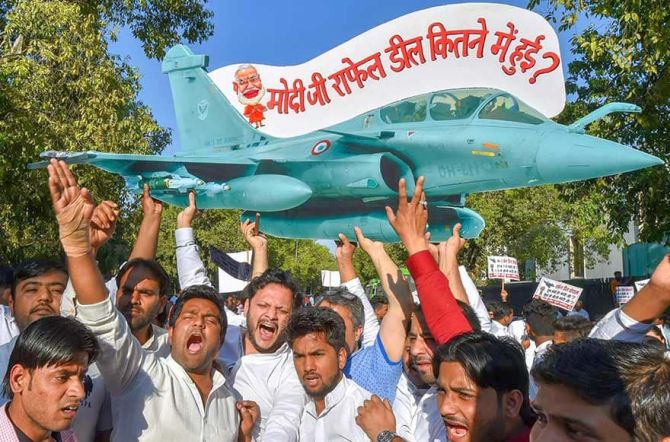
Air Chief Marshal AY Tipnis, a former IAF chief, said building Rafales in India would have been a challenging task for the HAL though not impossible with transfer of manufacturing technology from France. “The fact is HAL has not performed to the level it could have. It promises more than it can deliver and quality of work has been substandard in many cases. It has also backtracked on its promises.”
Pricing and guarantee had become intractable problems as pointed out by defence minister Nirmala Sithraman on several occasions, said a defence ministry official, who asked not to be identified.
The NDA government and the Congress locked horns over the controversial Rs 59,000-crore Rafale deal on Tuesday, with Sitharaman asserting that HAL lost out on the chance to build the warplanes because of the UPA regime and former defence minister AK Antony accusing Sitharaman of suppressing facts.
The Rafale deal has become controversial with the opposition, led by the Congress, claiming that the price at which India is buying Rafale aircraft now is Rs 1,670 crore for each, three times the Rs 526 crore, the initial bid by the company when the UPA was trying to buy the aircraft.
It has also claimed the previous deal included a technology transfer agreement with HAL. The NDA has not disclosed details of the price, but the UPA deal, struck in 2012, was not a viable one, former defence minister Manohar Parrikar has previously said, implying that it would have never been closed and that, therefore, any comparison is moot. The NDA has said that the current deal also includes customized weaponry.
The deal has also become controversial on account of the fact that one of the offset deals signed by Dassault is with the Reliance Group of Anil Ambani.
The Congress claims the earlier deal was scrapped and a new one signed just to provide Ambani this opportunity for an offset deal. Both the government and Reliance have repeatedly denied this.
Sticking to its strategy of continuing the government on the Rafale deal everyday, Congress President Rahul Gandhi on Thursday demanded Nirmala Sitharaman’s resignation.
Sharing above attributions of Ex Chief HAL , Rahul Gandhi said, ” The RM (Rafale Minister) tasked with defending corruption has been caught lying again. The former HAL Chief, T S Raju, has nailed her lie, that HAL didn’t have the capability to build the RAFALE. Her position is untenable & she must resign.”

